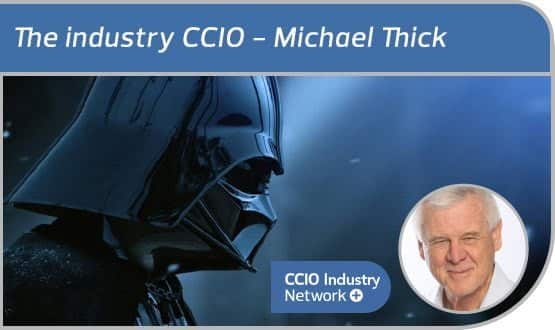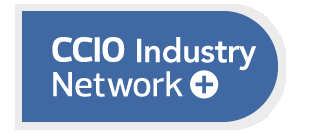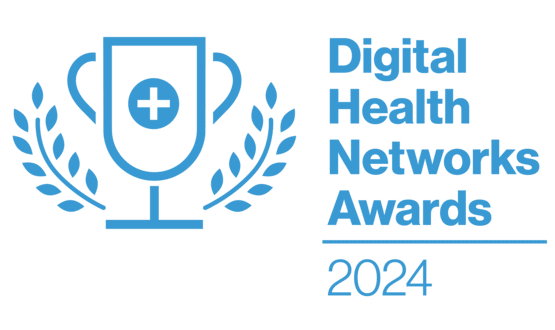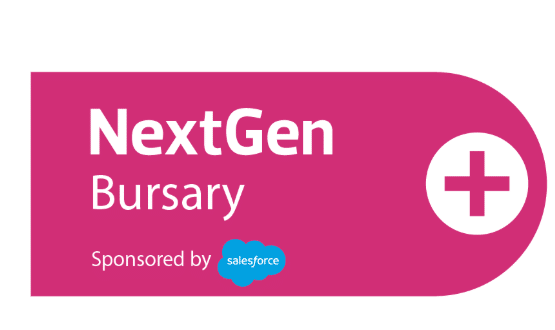The industry CCIO: going over to the dark side?
- 29 April 2016

If you are contemplating a chief clinical information officer role within industry, then you will be personally convinced of the potential value of informatics.
So much so, that you will put part or all of your time into doing this. It's a very big step. It's also a step which takes you away from tribal norms, and puts you at risk of personal and professional isolation unless you have a clear story about why it is a valuable and worthwhile thing to do.
Here are a few observations that I am happy to share. There are more that I will happily share in the bar at this year’s Health CIO and CCIO Network summer schools in Leeds this summer!
Clinical practice is not the only way to care
Firstly, it is short sighted to imagine that only the clinical fraternity have a passion for good patient care. In every care organisation you will come across very dedicated managers, technicians, administrative and clerical staff.
Their motivation in the morning is to make their place of work one of the best at health care delivery. In fact, wherever you find good quality care, you will also find mutual respect for the importance of each other’s roles.
This is the environment in which the NHS CCIO works; explaining to clinical and non-clinical colleagues at all levels why the incorporation of information technologies into the way that they work is already critical to the success (even the existence) of the NHS.
If we cannot achieve better quality and value with the same or even reduced resources, then "free at the point of delivery" is no longer a tenable proposition.
As with all other major advances, the invention and adoption of tools is critical to moving forwards. The evolution and integration of acute, primary, community and social care information systems can (and already does) greatly amplify the abilities of all staff.
It does this by giving them the intelligent tools to do more things more effectively with fewer people. However, powerful tools need careful processes and controls in their construction (maybe think cars and emission controls?!)
It is in this area that the industry CCIO demonstrates their value by bringing the "clinical conscience" into completely different domains.
Who benefits? Suppliers, the NHS – and patients
The supplier benefits immensely. At a purely functional level, they no longer offer inappropriate products. We have all seen "solutions" whose design has been badly misinformed.
Modern software development methods (particularly agile) need frequent clinical input and validation, and this can only come from, or be sourced by, a clinician with significant NHS experience.
Similarly the embedding of clinical content should be supervised by a clinician who understands current practise, and knows how to keep it up to date.
As in other industries, the design, construction and operation of critical tools requires robust safety testing. This can only be credibly supervised by someone who has a direct accountability to a clinical professional body. Sadly, this is often poorly done, or not at all.
Many of the previous arguments also apply to those receiving care. Patients are rarely asked about the effects that the use of technology has on them.
At the very least, they should expect that technology suppliers get the best available clinical advice on what it should do, how it works, how safe it is, and how all this can be properly assured and checked.
The NHS customer also benefits in the same way, but there are other advantages, too. We have all seen how the implementation of technology can become the space where clinico/managerial games are played.
Often, conversations with suppliers can get no further than with IT and project managers. Similarly, difficult clinical conversations can also be helpfully redirected.
The industry CCIO, when they are part of the "front face" of the supplier, can really help with widening the involvement of the clinicians and managers. This becomes very evident in the uptake of training, and the smooth passage of an implementation.
Not all plain sailing; but worth doing
I can't pretend that putting yourself inside an overtly commercial world is all plain sailing. It is important to make sure that there is a clear job description, and to explain that not all your milestones and objectives will produce tangible things.
However, much of what I've described should enable you to explain the value of a safety incident that didn't happen, that the company was not sued, and that there were battles that were not fought.
I have found my time as an industry CCIO stimulating and fulfilling, and there is now a significant number of us who share the same values.
We are clear that the most successful relationships between the NHS and industry thrive when there is partnership and trust, and the industry CCIO is an important catalyst for this.
|
Michael Thick
|
|||||||






